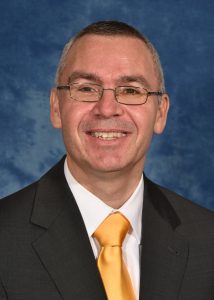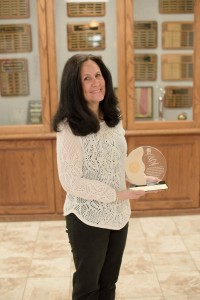Join us in welcoming our newest faculty member to the School of Business and Economics, Dr. Ulrich Schmelzle. Shmelzle earned his Ph.D. in Business Administration with a concentration in Supply Chain Management from the University of Tennessee in Knoxville. He also holds an MBA from Arizona State University and a bachelor degree (equiv.) in Industrial Engineering and Management from the University of Hamburg, Germany.
Prior to returning to academia, he held different managerial positions in supply management, manufacturing, and logistics planning. With more than 18 years of industry experience, he has worked as a consultant, entrepreneur, and senior manager primarily in the semiconductor and aerospace industries. Schmelzle’s research focuses on managerial decision-making promoting efficiency and innovativeness. He is particularly interested in how operations and supply chain management can enhance the innovation performance of the organization.
Ulrich regularly presents new research at national conferences from organizations such as the Decision Sciences Institute (DSI) or the Council of Supply Chain Management Professionals (CSCMP) and has published in peer-reviewed academic journals and conference proceedings.


